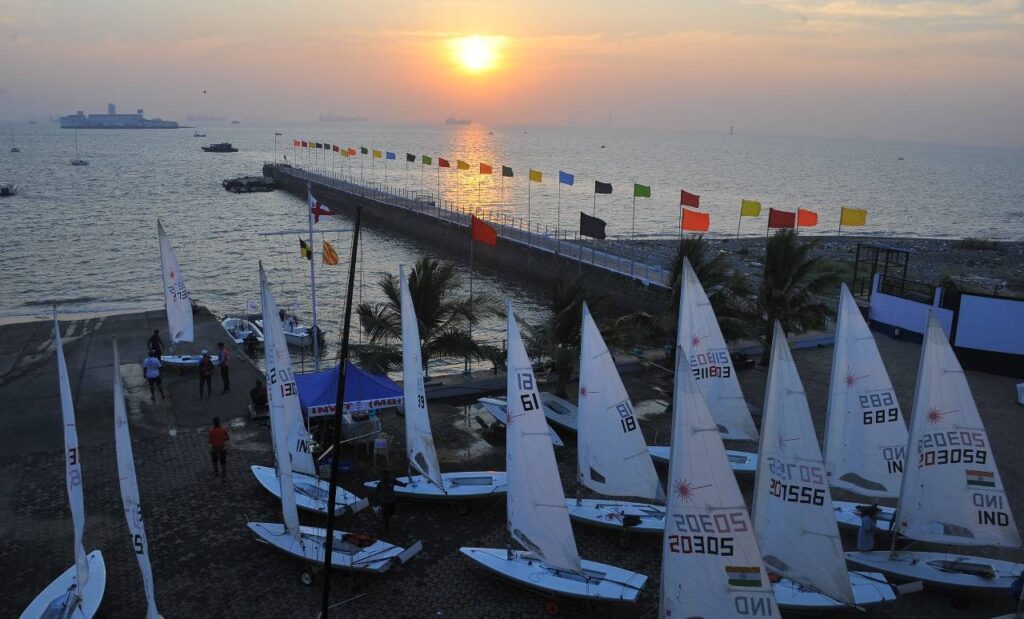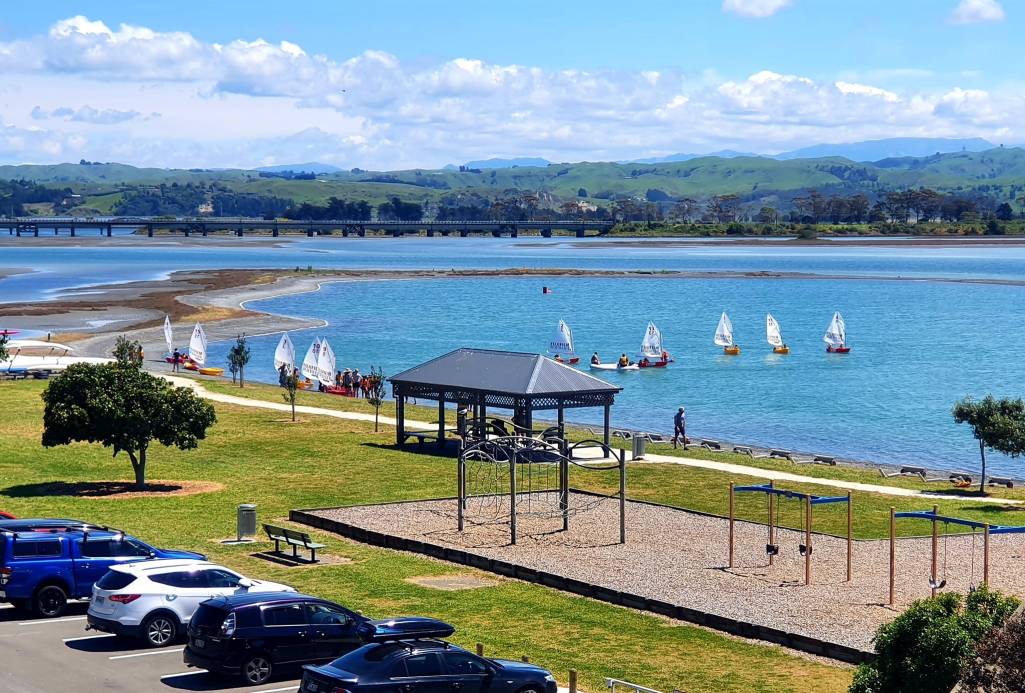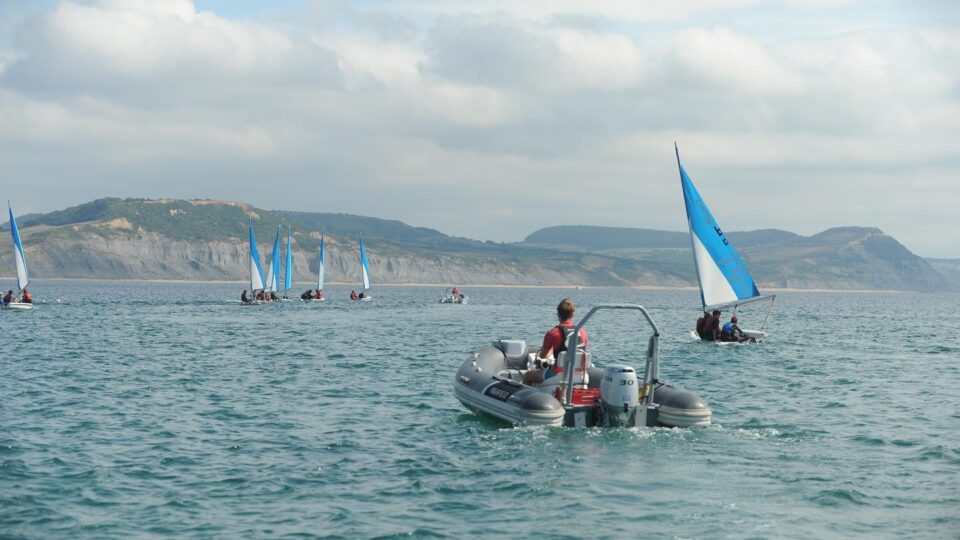Best Sailing Certifications – Which Sailing Certification is Better?
The “better” sailing certification depends on your goals, experience level, and the sailing you intend to do. Different sailing certifications cater to various skill levels and types of sailing activities. Here are a few well-known sailing certifications:
- American Sailing Association (ASA) Certifications: The ASA offers a widely recognized series of certifications ranging from basic to advanced levels. These certifications are recognized in North America and many other parts of the world. ASA 101 (Basic Keelboat), ASA 103 (Basic Coastal Cruising), and ASA 104 (Bareboat Cruising) are some popular courses.
- Royal Yachting Association (RYA) Certifications: RYA is a UK-based organization that provides internationally recognized certifications. Their courses cover a wide range of sailing skills, from beginner to advanced levels. RYA Day Skipper and RYA Coastal Skipper are some examples.
- International Yacht Training (IYT) Certifications: IYT offers a variety of sailing and boating certifications that are recognized worldwide. Their programs include courses like the International Crew, International Bareboat Skipper, and more.
- US Sailing Certifications: US Sailing provides a range of sailing certifications, including Basic Keelboat, Basic Cruising, and Bareboat Cruising. These certifications are widely recognized in the United States.
- Canadian Yachting Association (CYA) Certifications: CYA offers sailing courses and certifications, which are well-regarded in Canada and some international locations.

>>Also Read: Are Sailboats Safe?
Is a Sailing Certification Useful?
Yes, a Sailing Certification Can be Very Useful for a Variety of Reasons:
- Skill Development: Sailing certifications typically include structured training that helps you develop sailing skills and knowledge. They provide a clear curriculum that covers safety, navigation, maneuvering, and other important aspects of sailing.
- Safety: Sailing certifications often emphasize safety procedures and practices. Learning about safety measures, emergency protocols, and proper navigation techniques can help you stay safe while on the water.
- Confidence: Gaining a certification can boost your confidence as a sailor. Knowing that you’ve completed a recognized training program and met certain skill standards can give you the confidence to handle different sailing situations.
- Charter Opportunities: If you plan to charter a sailboat, many charter companies require a certain level of certification. Having a recognized certification can open up opportunities for you to rent boats and explore new sailing locations.
- Employment Opportunities: If you’re interested in pursuing a career in the sailing industry, certifications can be valuable. Many sailing jobs, such as sailing instructor or charter captain, require specific certifications as part of the qualifications.
- Credibility: Sailing certifications provide a level of credibility and proof of your skills to others, such as fellow sailors, marina operators, and potential employers.
- Global Recognition: Many certifications are recognized internationally, allowing you to sail confidently in various parts of the world where your certification is accepted.
- Structured Learning: Certification courses offer structured learning paths, which can be especially beneficial for beginners. They ensure you cover essential topics in a systematic manner.
- Networking: During certification courses, you’ll have the opportunity to meet and connect with other sailors, instructors, and sailing enthusiasts. This can lead to valuable networking opportunities and shared experiences.
- Regulatory Compliance: In some regions, certain levels of certification might be required by law to operate a sailboat of a certain size or in specific waters.
What Sailing Qualifications Do You Need?
The sailing qualifications you need depend on your goals, experience level, and the type of sailing you plan to do. Here are some common sailing qualifications that you might consider pursuing based on different scenarios:
Recreational Sailing:
- Basic Keelboat Certification: This is usually the starting point for beginners. It covers fundamental sailing skills and basic boat handling.
- Basic Coastal Cruising Certification: Building upon the basic skills, this certification focuses on navigation, anchoring, and handling the boat in more varied conditions.
- Bareboat Cruising Certification: For those looking to charter boats, this certification covers more advanced cruising skills, including navigation, chart reading, and anchoring.
Advanced Sailing:
- Coastal Skipper or Advanced Coastal Cruising Certification: If you plan to sail longer distances along coastlines or in more challenging conditions, this certification can be valuable. It covers advanced navigation and seamanship skills.
- Offshore Skipper Certification: If you’re interested in offshore sailing or longer passages, this certification covers skills needed for extended voyages and dealing with various weather conditions.
Professional Sailing:
- Sailing Instructor Certification: If you want to teach others to sail, becoming a certified sailing instructor is essential. This often requires a high level of proficiency and teaching skills.
- Yachtmaster Certification: Offered by various organizations, this certification is for experienced sailors seeking recognition as competent and skilled yacht skippers.
- Merchant Marine Credentials: For those considering a career in the commercial maritime industry, such as working on cargo ships or cruise liners, you might need merchant marine credentials issued by your country’s maritime authority.
Specialized Sailing:
- Racing Certifications: Some organizations offer certifications focused on racing skills, tactics, and strategies for competitive sailing.
- Cruising Catamaran Certification: If you’re interested in sailing catamarans, specific certifications might be available to cover the unique skills required for multihull sailing.

>>Also Read: Most Common Sailing Terms
Best Sailing Certifications: Which Sailing Certification is Better? – Summary
The “best” certification depends on factors such as your location, where you plan to sail, the level of skill you want to achieve, and whether you’re aiming for recreational sailing or a professional career in sailing. Research the requirements, curriculum, and recognition of each certification in the context of your goals and location to determine which one aligns best with your needs. It’s also a good idea to speak with experienced sailors or instructors to get their insights and recommendations based on their own experiences.
While certifications offer many benefits, it’s also important to note that hands-on experience, practical skills, and continuous learning are crucial components of becoming a proficient sailor. Certifications are a valuable starting point, but they should be complemented by actual time on the water to truly master the art of sailing.
Remember that the qualifications you need can vary based on your location and the specific sailing environment you’ll be in. Research the sailing organizations and associations in your region to find out which certifications are recognized and relevant to your goals. Additionally, consider your personal progression plan – start with basic certifications and gradually work your way up as you gain experience and confidence on the water.
